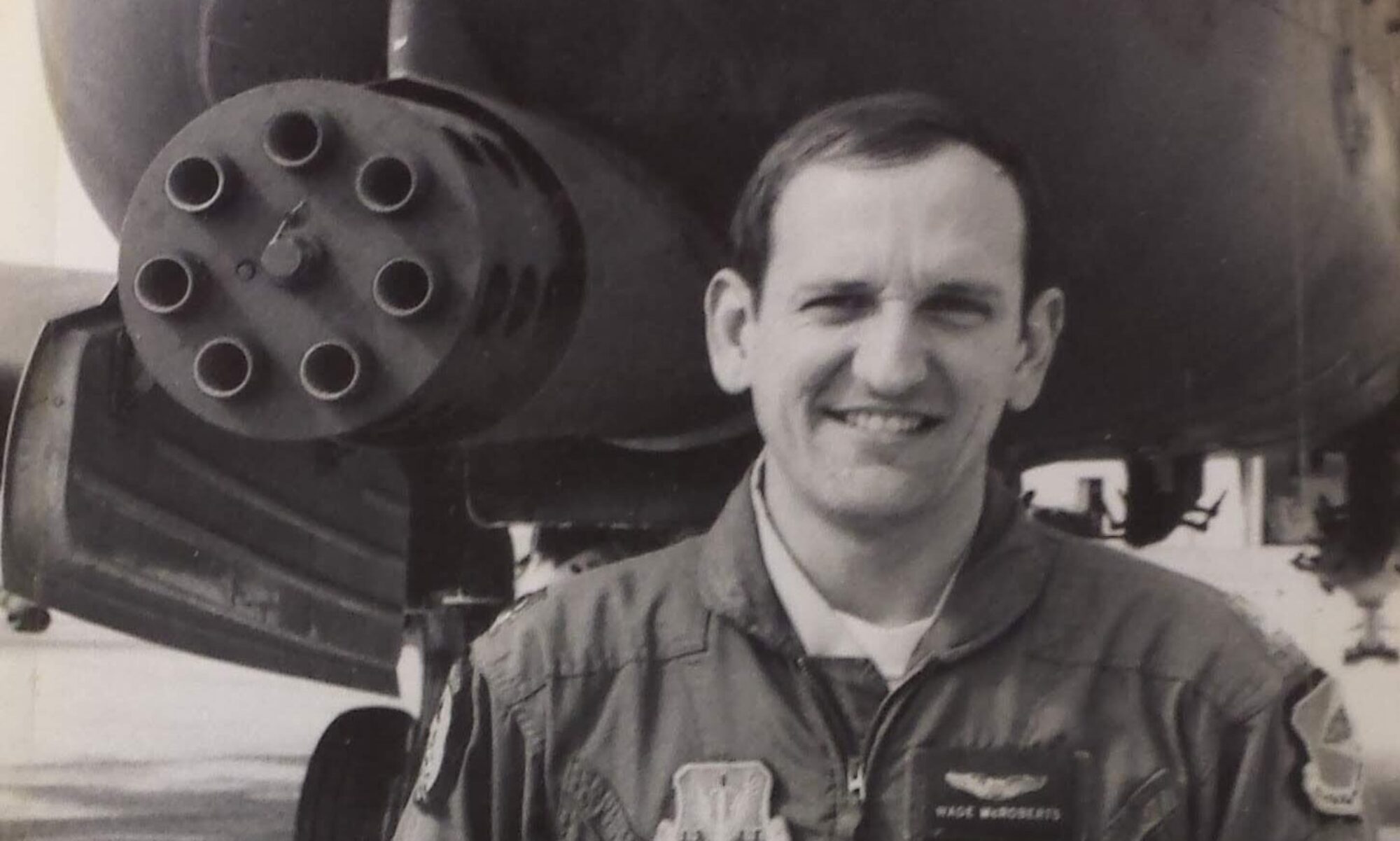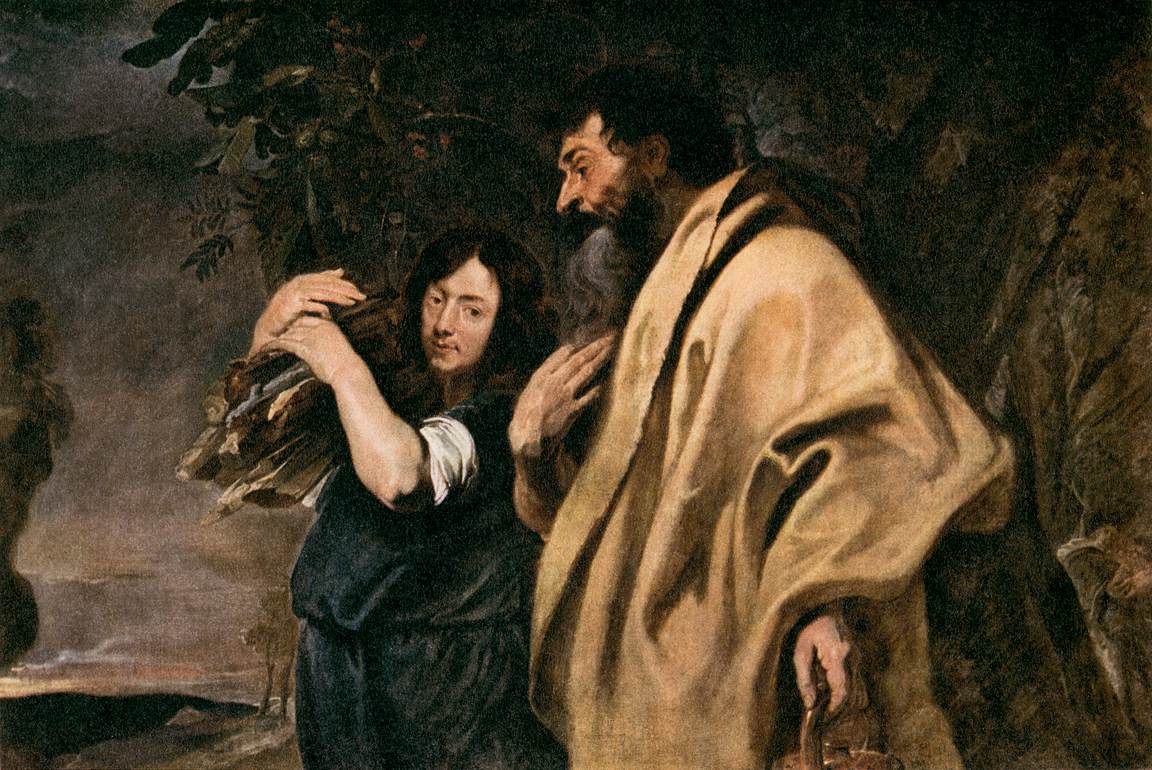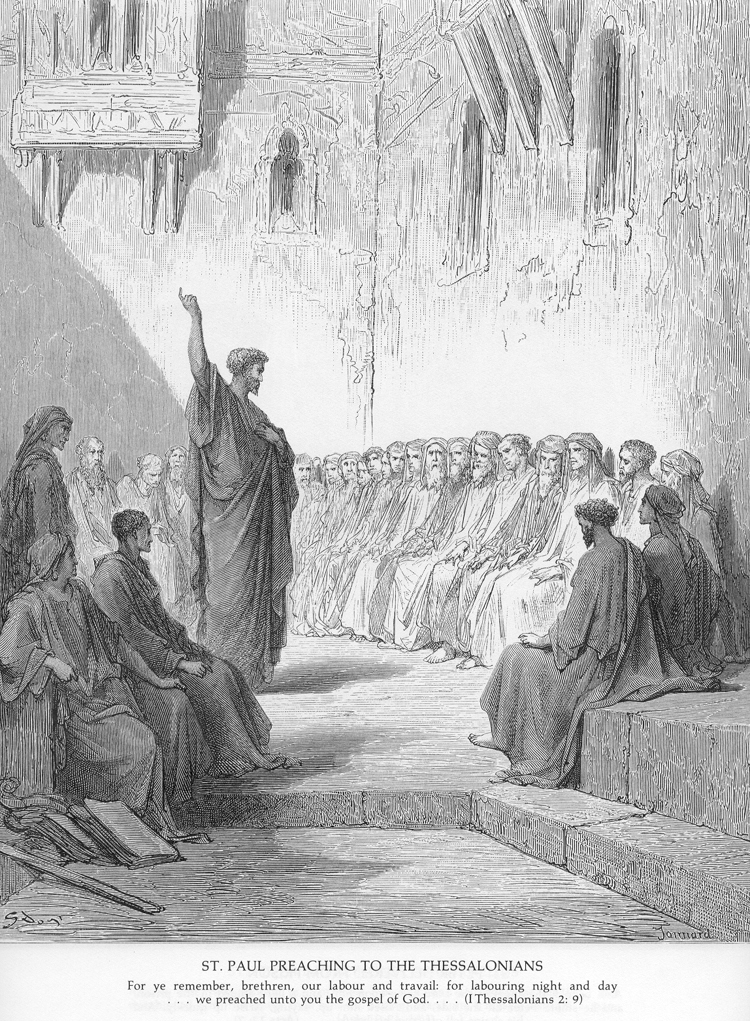This weekend was the 45th reunion of my class at the United States Air Force Academy, the Class of 1976. Due to my ALS, I was not able to attend. Part of the reunion activities include a memorial service to honor our fallen classmates. On June 2, 1976, 913 of us graduated and began careers as Second Lieutenants in the U.S. Air Force. Of these, 68 of our classmates are no longer with us.

Pete Kluck, one of my classmates, asked me to write an essay for him to read at the memorial. He wanted something from the perspective of someone who’s thought of end-of-life issues. Pete is one of my heroes of the faith. He left a promising Air Force career (he was an F-16 instructor pilot), called by God to other service. He has served for years with Wycliffe Bible Translators, making sure the Bible is available to all nations, tribes and tongues. He and Mary Ellen and their kids lived for many years in Cameroon. Heroes! Anyway, here’s what I sent to Pete:
There’s no place that Sue and I would rather be than with you all, my classmates, in Fairchild Hall, honoring our fallen classmates. But as we’ve learned in the past few years, life’s plans sometimes take an unexpected detour. I pray for God’s comfort and strength for the families of our friends who are not with us. I’d like to especially remember our Grim Reaper friends, Kosta Asselanis and Rod Williams.
About three-and-a-half years ago, I was diagnosed with ALS, also known as Lou Gehrig’s Disease. The words from my neurologist came as a shock to say the least! Until that moment, I had been under treatment for another neurological disorder that’s treatable and has a great cure rate. In this instant, the doctor had handed me a death sentence.
Thoughts raced through my mind in the next few minutes: How much time do I have? How will I die? Will my time be drawn out and painful (old fighter pilot saying: I’m not afraid to die, I just don’t want it to hurt!)? Sue was in shock as well. We had plans: I would quit working in a couple more years. We would travel to places we haven’t seen. We would spend time visiting our grandchildren. Oh, and their parents, too. We would play lots of golf together and with friends. Suddenly, in a brief moment, all our plans had been dashed.
When I recovered from my initial shock, I realized that my faith had to take over. I believe that God’s plan takes precedence over mine. So whatever my plans, His are far better for me, and for His glory. Old Yiddish saying: We plan, and God laughs! It matters not what we would want to do, He will redirect us to fit His purpose. And that’s far better for us!
h

I redirected my Bible study over the next few weeks to seek answers to the question, “God, what do You want me to do with this ALS?” Surely as a weakened, paralyzed shell of what I used to be, I would be limited in my abilities. But as I studied, there seemed to be little or nothing that I couldn’t do. It was as if God was saying, “I still want you to do what I wanted you to do before!” And what would that be? For example, Jesus tells us the greatest commandment is to love the Lord our God; and the second is to love others as ourselves. Hmm. Love God, and love people. I can do this! Despite my lack of mobility, I can still love God and others. I can share God’s love with others. My mission field is different: Doctor’s offices, hospital, rehab center. In my condition, they often come to me: Doctors, nurses, physical and occupational therapists.
I don’t know why I came down with ALS. God does, He is in control, and His plan is far better than mine. While I wait for healing, or my departure from this earth, I seek to do God’s will. He loves us so much that He sent His Son for to die us. He has promised me everlasting life – not because I’ve been “good enough” or not because I’ve “suffered enough,” but because I have believed, received and trusted in the free gift that Jesus Christ paid for my sins — and that gives me great hope for tomorrow.
Spirit of ’76! And God bless and keep you and your families!
“Lord Guard and Guide (The United States Air Force Hymn),” performed by the United States Air Force Singing Sergeants









